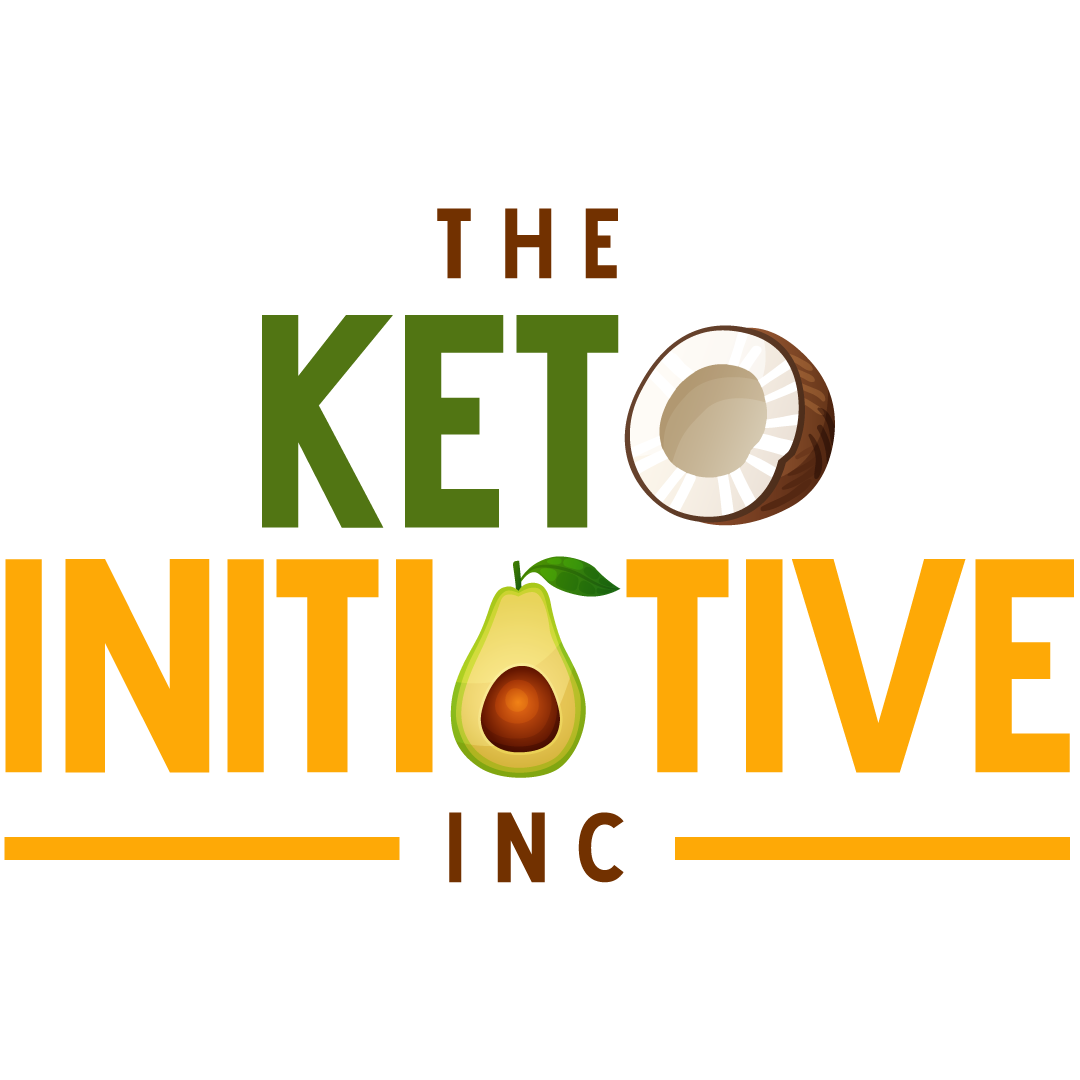Carbohydrate addiction is a real fact, scientists in various parts of the world have studied how the brain behaves in addictions to sugar and carbohydrates, obtaining surprising results about the similarity with addiction to illegal substances and alcohol
Carbohydrate addiction is the dependence on daily consumption and in large quantities of sugar, products with refined carbohydrates or complex carbohydrates in general, which causes a feeling of total pleasure. This addiction, behaves like any other, being the main character to identify the need for more and more carbohydrates to reach the level of pleasure and satisfaction.
Carbohydrate addiction goes beyond the simple fact of natural sweet tooth or carbohydrate consumption, it is a true addiction.
People who suffer from this addiction are known as carbolic or is also called a cupcake moment.
This addiction can begin from childhood when, for example, we encourage the bad habit of placing sugar in the baby’s bottle (bottle), when we reward the child with sweet foods, making our brain understand that sugar is a reward is a pleasure, it is Good because Mom taught it, and this bad learning taste – feeling will remain etched in the brain forever.
Despite the popularity of low carb diets, it is a mistake to cut this food group drastically since it is of great importance to our health.
They are keys to regulate the level of blood sugar and provide us with energy. Without them, our bodies would have to depend on proteins, breaking down energy instead of using it to grow and maintain tissues.
And much more importantly: eating the “right” carbohydrates keeps us healthy.
Many People who live longer and healthier, who have the lowest rates of diabetes, coronary heart disease and cancer, follow diets rich in healthy carbohydrates and include beans, legumes, whole grains, and fruits.
So you know: there is nothing wrong with eating a plate of pasta (although the integral is ideal) or even a sandwich of whole wheat bread at lunch, every day. The problem is not that we consume carbohydrates, but that we usually consume the wrong ones … and in very large portions.
The problem: especially white flour products, sugar, and processed foods often cause a real carbohydrate addiction. The more we eat it, the more we want. A spiral from which we can hardly escape. This is also why low carb diets are so difficult, especially at the beginning. The solution is actually quite simple.

BRAIN AND SUGAR
Addictive substances such as alcohol, tobacco, drugs, and sugar cause an increase in dopamine at the brain level, a neurotransmitter responsible for producing relaxation, pleasure, and feelings of well-being.
In people without carbohydrate addiction, with few or enough amounts of carbohydrates and/or sugar in the day, they can achieve stable levels of pleasure with a small amount of dopamine.
On the contrary, the addict, or the person with a tendency to addictions, have very few dopamine receptors at the brain level, so his brain needs very high and constant amounts of the substance to reach a degree of pleasure and satisfaction, even 10 times more than in a normal situation.
Scientists in the United Kingdom, Canada, and the United States have shown that sugar addiction behaves in the same way as other addictions, and therefore a detoxification treatment must be given to overcome it and avoid negative health consequences.
NO TO PROCESSED CARBOHYDRATES
Highly processed carbohydrates – white bread, sugary cereal, white rice, pasta, and regular bagels or donuts, for example – produce rapid increases and falls in blood sugar levels, which can result in weight gain. They can also produce the so-called metabolic syndrome, associated with an increased risk of heart disease, strokes, and diabetes.
The metabolic syndrome is the mixture of high levels of triglycerides and low levels of HDL (good) cholesterol, insulin resistance, and obesity.
And, Processed carbohydrates are in the primary place in the list of foods that helps in weight gain and increase the risk of diabetes, according to the experts.
The hard part is that the more processed and refined carbohydrates we eat, the more we want them and the more addicted to them we become. So it seems virtually impossible to get out of the vicious cycle of carbohydrates.
Cravings have to do with our consumption of those highly processed and fast-acting carbohydrates, which do not differ much from sugar, in the biological sense. White bread or any other processed carbohydrate mix in glucose very quickly, as does sugar, and increases blood sugar levels faster than the slow digestion of carbohydrates that are less processed and high in fiber. The problem is that this rapid rise in blood sugar is usually followed by a very rapid fall.
1 | Greek or Icelandic yogurt (filtered to remove liquid whey) is thicker, creamier and rich in protein than its regular yogurt equivalents. And, precisely, it is the proteins that keep us feeling full.
2 | Avocado is an excellent source of heart-healthy fats: fat fills us quickly, which can be beneficial for controlling hunger.
3 | Adding spicy red chili to a snack significantly decreased the total amount of calories and carbohydrates ingested during lunch, according to research.
4 | Because of its high water content, the energy density (calories) in the soup is very low. That means you can fill yourself with a large portion and feel full without consuming the heavy load of calories than typically with large amounts of food.
5 | Salads generate a feeling of fullness because vegetables such as lettuce, tomatoes, and cucumbers have a high water content
6 | Spinach is a source of thylakoids, the chlorophyll that is in green leaves. But in addition to their role in photosynthesis, research suggests that they may be allies to reduce the amount of food we eat.
7| Flaxseed is rich in two natural appetite suppressants: omega-3 fats and fiber. Flaxseed fiber can keep us satisfied and full without adding calories
IT ALL HAS TO DO WITH INSULIN
What drives us the most to eat carbohydrates is not the taste of the food itself, but a biological need to restore our blood sugar level. And that has to do with insulin hormone. Processed carbohydrates produce more insulin secretion, calorie to calorie, than any other food.
When eating processed carbohydrates, the blood sugar level grows rapidly and that is followed by insulin, also very quickly, directing the incoming calories to the liver, muscles and fat cells. But of those, only fat cells have the virtually unlimited ability to store calories, and many are trapped there. Soon after, the calories in the bloodstream decrease and the body run out of available fuel, which makes you feel very hungry shortly after eating.
In summary: when fat cells receive a lot of energy, there is not enough left to feed the brain, which is constantly monitoring the calories in your blood. When the brain recognizes that calories are dropping, it causes hunger and cravings.
And everything returns to the initial insulin response. Fat cells grow and make us hungry. And the cycle repeats, causing weight gain.
THE KEY TO BREAKING THE ADDICTION
Nutrition experts say that in order to break down carbohydrate addiction you don’t have to completely eliminate carbohydrates from your diet, but you must reduce highly processed carbohydrates.
Nutrition experts say that in order to break down carbohydrate addiction you don’t have to completely eliminate carbohydrates from your diet, but you must reduce highly processed and fast-acting carbohydrates and eat more good-quality carbohydrates, high in fiber and low in added sugars.
Finally, keep in mind that if you have a health problem, before starting any new diet you should consult your doctor.

